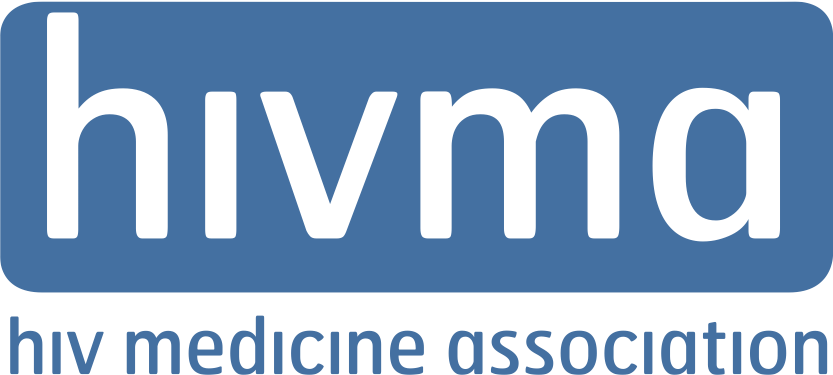President's Budget Increases HIV Support, But Lacks Direction And Funding In Key Areas
Major funding cuts follow President Trump reiterating his commitment to end HIV in the State of the Union address
President Trump’s fiscal year 2021 budget plan proposes $716 million in funding for the Ending the HIV Epidemic initiative – more than double the 2020 request. At the same time, however, it reduces support for federal public health programs that are key to the initiative’s implementation, according to the HIV Medicine Association.
While the plan calls for spending on programs important to ending the epidemic, including HIV prevention at the Centers for Disease Control and Prevention, as well as the Health Resources and Services Administration’s Community Health Center and Ryan White HIV/AIDS Programs, many programs that are also critical to the initiative’s success would be grossly underfunded.
HIVMA experts point to five cuts in the president’s budget that, if enacted, would undercut efforts to eliminate new HIV infections:
- Medicaid—Hundreds of billions of dollars in cuts over the next decade would affect the 42% of adults with HIV enrolled in the program.
- National Institutes of Health—An agency cut of nearly 3 billion or 7% which would stifle medical discoveries including the promise of a vaccine or cure for HIV.
- Centers for Disease Control and Prevention—Flat funding for sexually transmitted diseases and viral hepatitis prevention come at a time when new infections for both continue to climb.
- Housing—An $80 million cut to the Housing Opportunities for Persons with AIDS program would harm those already at great risk for poorer health and HIV-related outcomes.
- Global Health—A $1.7 billion cut to the life-saving President’s Emergency Plan for AIDS Relief would undercut the program’s ability to dramatically reduce new HIV infections globally and control the epidemic at home.
HIVMA encourages Congress to provide increased resources requested by the president to help end HIV as an epidemic in the U.S. and to provide support for maintaining the health services and public health programs necessary for both a sustainable HIV response and for the overall health of our nation.

